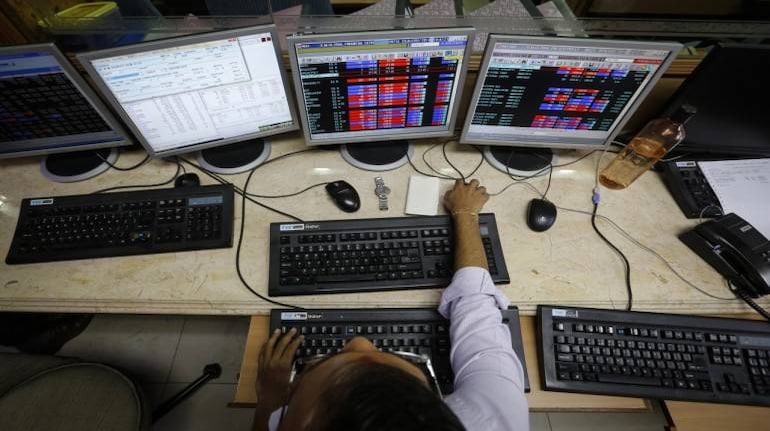



The recently announced share buyback programme worth Rs 13,000 crore by Infosys has once again raised questions on the recent but increasingly common practice of Indian companies, particularly IT companies, of putting surplus cash in the hands of shareholders.
Unlike the United States, where companies have undertaken share buybacks of over USD 1.5 trillion in the last three years alone, Indian companies have for long avoided such programmes.
This trend began to change since last year after major Indian companies such as the government-controlled Coal India, Novartis India and tech companies such as Cognizant, Tata Consultancy Services and Wipro announced a stock repurchase option.
In this context, Infosys’s buyback programme doesn’t come as a surprise but as a reaction to the market anticipation of the company following suit like its competitors.
Three broad reasons can be attributed to Infosys’ own buyback policy, which is being done through a tender process.
First, like TCS, Infosys was sitting on a huge cash pile of close to USD 6 billion. The company’s quick ratio — measure of liquidity — is at a three-year high of 3.77 percent, indicating the company’s current assets are 3.77 times higher than its current liabilities.
However, in an uncertain growth climate with fewer acquisition opportunities, sitting on such a huge reserve of cash simply meant increasing its own cost of funds.
Must Watch: What is a share buyback?
Secondly, the recently announced capital allocation policy is also being seen as an effort to boost Infosys’s falling share price. In the last one year, the company’s share price has fallen from a high of Rs 1,278 in June 2016 to Rs 923 on Friday.
Apart from putting more cash in the hands of otherwise jittery shareholders — a significant portion of the buyback has been reserved for small shareholders — a buyback also reduces the number of outstanding shares, thereby increasing the company’s earnings per share or its overall market value and expectation, thereby even benefitting those shareholders who don’t want to participate in this buyback.
By announcing a buyback in the light of recent news over management struggle and job losses, Infosys’ move is also a signal to the market that its long-term prospects still remain bright.
Third, the Dividend Distribution Tax (DDT), announced in the 2016 Union Budget, is also being seen as a reason for companies like Infosys to adopt the buyback route as a more tax-effective way of rewarding shareholders with cash rather than announcing dividends.
Under DDT, the net taxation on dividends can go up to 25 percent but under a buyback, the highest tax rate applicable would be capped at 15 percent.
However, all buybacks cannot be assessed uniformly. A buyback funded by debt rather than cash reserves may end up defeating the very objective of the programme.
In the case of Infosys, the buyback is a much welcome move but definitely not a surprising one. It is one of the few instruments available to enthuse confidence in investors about its gloomy prospects. Now it’s over to Dalal Street, when it reopens on Monday morning.
Discover the latest Business News, Sensex, and Nifty updates. Obtain Personal Finance insights, tax queries, and expert opinions on Moneycontrol or download the Moneycontrol App to stay updated!
Find the best of Al News in one place, specially curated for you every weekend.
Stay on top of the latest tech trends and biggest startup news.